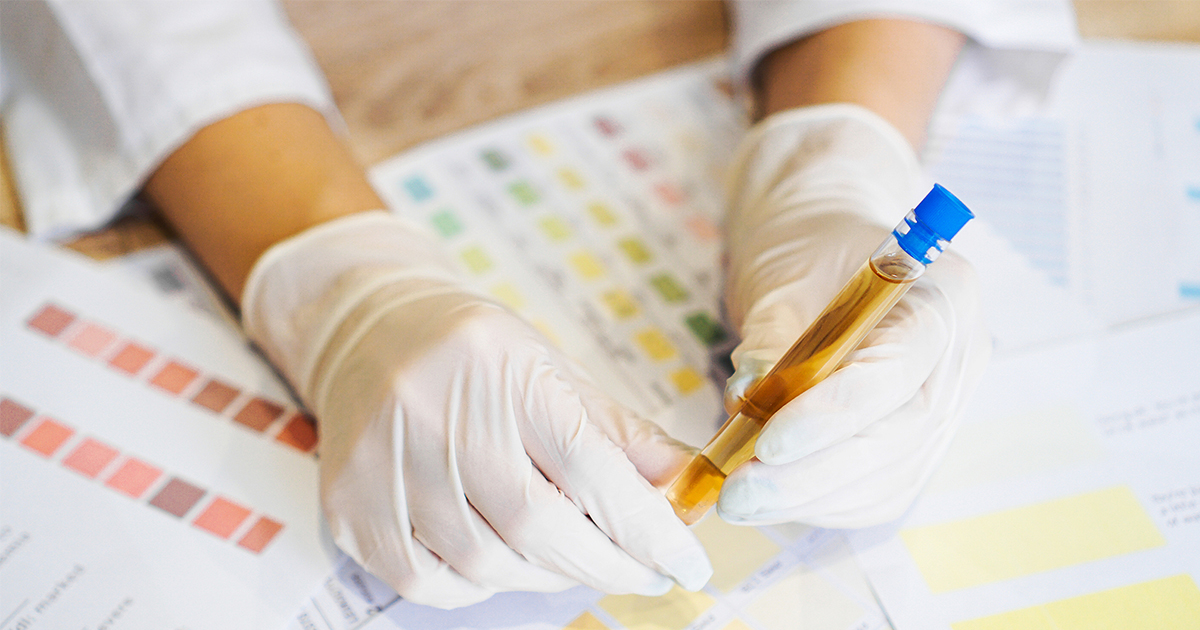Decoding Urine: A Window into Your Health

Urine, often overlooked as a diagnostic tool, can provide valuable insights into our health. The color, odor, and consistency of urine can indicate potential health problems that require attention. Understanding what is normal and what is not can help us identify warning signs and seek appropriate advice.
- Clear and Yellow Urine
Normal urine is clear and yellow in color. The shade of yellow can vary from pale to deep gold, depending on hydration levels. Out kidneys regulate the concentration of urine based on fluid intake. If we drink less, our urine becomes more concentration, and if we drink more, it becomes more diluted.
- Brown or Dark Amber Urine
If the urine appears brown and dark amber, it may indicate serious dehydration. When we are low on fluids, waste product in our urine become more concentrated, resulting in darker urine. In addition to insufficient fluid intake, certain medication conditions can also contribute to dehydration and darker urine.
- Red or Pink Urine
Certain food and medication, such as beets, blackberries, or rhubarb, can contribute reddish color in the urine. If one doesn’t have eaten those food with naturally deep pink or magenta pigments or started a new medication, the presence of reddish urine can be alarming. It may indicate the presence of blood in the urine and essential to consult a healthcare professional for further evaluation.
- Foamy Urine
Occasional foamy urine is usually not a cause for concerns, as it can be a result of harmless factors such as a strong urine stream. However, persistent foamy urine could indicate a condition characterized by an excessive amount of protein in the urine. It can be an indication of kidney damage or dysfunction and should be evaluated by doctor.
- Cloudy or Murky Urine
Cloudy or murky urine can be a result of various factors such as bacterial infection or kidney problems. It is best to talk to healthcare provider if the urine appears cloudy and doesn’t gp away within a short period.
- Strong Odor
While urine can have a slightly stronger smell after consuming certain foods or medications, a persistent strong odor may indicate an underlying health issue. Bacterial infection can also cause a foul odor and most infections are clear up quickly with antibiotic. A fruity smell from the urine can indicate blood sugar is too high.
Urine quality can tell a lot about our health. It may be common for people with low kidney health to find their urine quality compromised. For example, the presence of protein in the urine is significantly associated with lower eGFR. It may rise another question; can it be undone? From our users’ experience, with the extra kidney support from DTS, it is possible for them to maintain or even improve their eGFR levels. When the GFR levels is supported, it is also possible that the urine quality improves, if not, stop getting worse. Made with unique patent formula, DTS not only capture and maximize the health-benefiting properties of the natural ingredients, it also eliminates unwanted and toxic substances that sometime comes in natural ingredients, making the tablets extra pure and safe and reduces any extra burden to the kidneys.
- * All research and clinical data should be used as reference purposes only, results may vary.




